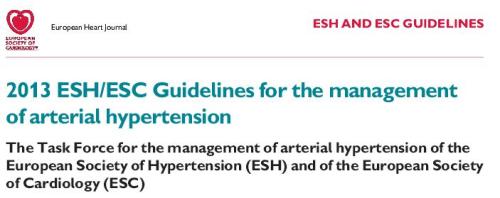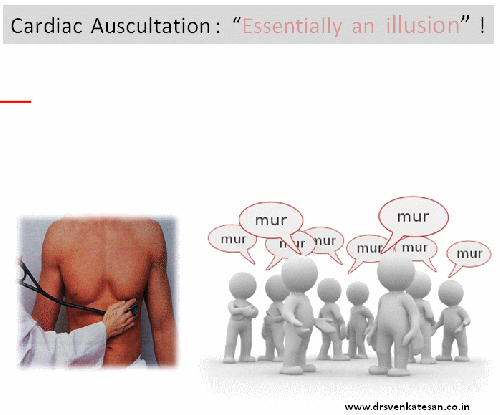Hypertension is probably the most important clinical entity for physicians
for decades .With the advent of modern interventional cardiology management of HT with drugs have become a less glamarous job for us. Still , the quantum of the problem and it’s impact on the risk of CAD and progression remain a major issue.
There many different bodies periodically coughing up guidelines to manage HT.
- JNC from USA
- British Hypertension society from UK
- European society of cardiology
- World hypertension league
- Finally WHO guidelines* ( It is not a regular exercise ,WHO releases it as and when it feels like !)
The stakes are high for the drug industry .Anti hypertensive drugs are the major source of revenue to them . Any dip in per capita consumption will have direct impact on their health ! ( WHO bothers about public health ? )
The so called scientific guidelines, are generally made balancing patients health vis a vis drug companies health .I have found more often than not it was tilted towards the industry .
The fact that there are multiple guideline with varying impact factors makes sure the confusion among the global physician intact . This is one of the aims of the pharma companies as they influence heavily when to initiate the treatment , and what we are supposed to prescribe.
Some of the guideline are notorious for insinuations . One example was about the definition of pre hypertension few years ago .It has since been removed from the literature after a critical debate .
* One may wonder why I’m focusing always on non scientific issues more than academics .(I some how feel non scientific factors are going to impact our health more than any other factor in the coming generations )
Now is the beginning of a balance .
Among these guidelines I would think ESC is close to reality and fairness.
Even it was carrying dubious advices till recently .Now they have come out with new one in 2013.Most changes are welcome.
- It is essentially about cleansing the contaminated guidelines
- Removing unnecessary medications
- Unified definition.
- More efforts to identify true secondary HT
The salient points
There are 18 point update in the ESC 2013 . All of them are great . Essentially they are about the basics we have been taught as we learnt in our final year MBBS. (The rest of our life we have to unlearn the junk we have accrued over the years from various CMEs )
I can modify it and short list
- Do not start too early .Have universal definition (Now 140mmhg)
- Respect non drug treatment ,( However attractive the gold tipped pen the representative leaves in your consulting suit !)
- Avoid using multiple drugs
- Never miss a secondary HT .( If diastolic BP> 110mmh almost always a renal component would be there .Remember Conn syndrome (Primary aldosteronism ) is 10 times more common than much hyped pheochromocytoma ! Just do K+ levels to detect this )
- In CAD patients never treat HT in isolation .( Measure blood pressure with sugar and lipid 120 /70 mg of LDL )
ESC 2013 is a commendable Initiative . It has tried to remove most errors of the past .obviously the pharma industry will be unhappy as it will definitely bring down total drug consumption the population.
Final message
HT is an important target for prevention and management of CAD
Thanks to the much maligned pharma industry .
We have good drugs.Use it judiciously . Try to reduce the number of drugs .
If possible make them drug free.
If a patients taking beta blocker for associated cardiac condition do not add another anti HT drug . (Recall from your distant memory , beta blocker is a anti HT drug too !)
Simply follow common sense . (* If you think you lack it , get it from your learnt patients .Many of them have in plenty . I often do that . One question they keep asking “Should I take this drug life long doctor ?” is a definite common sense booster! )
Read Full Post »





